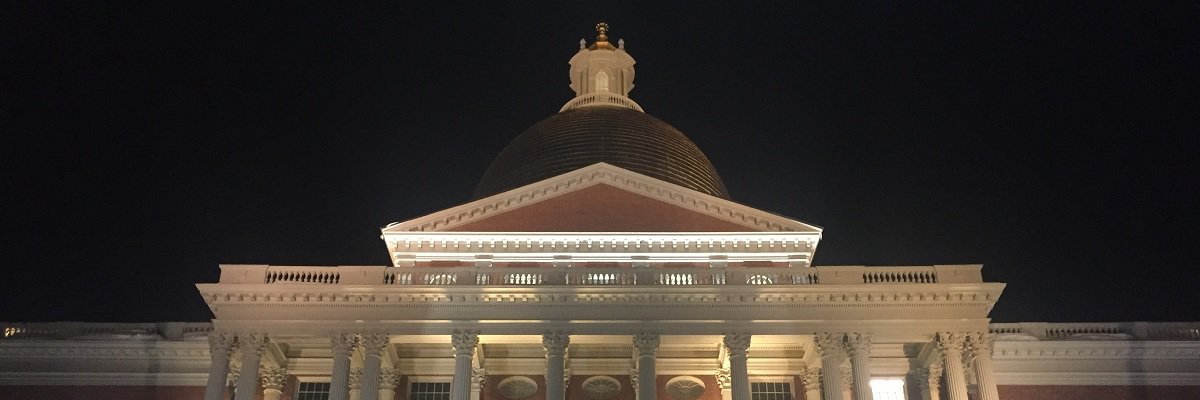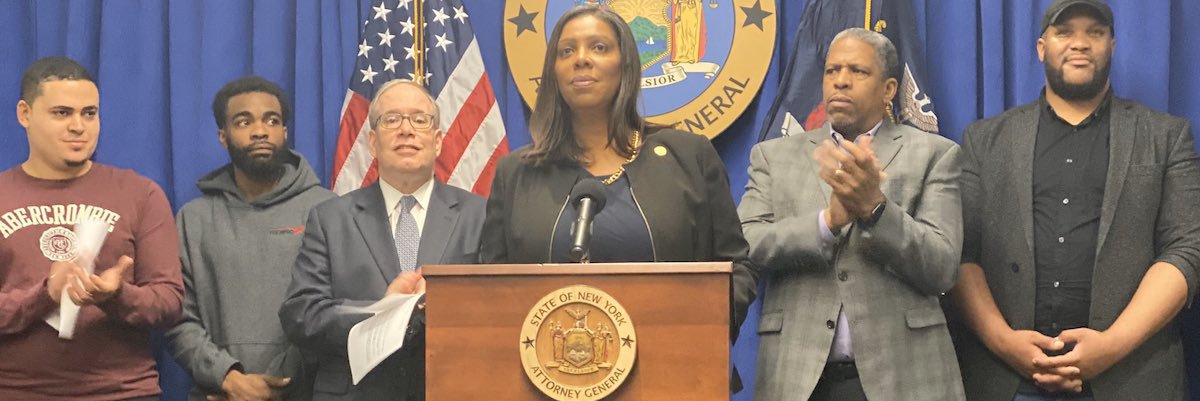Bay state officials have once again failed at creating recommendations for the state’s restrictive public records law.
The Special Legislative Committee on Public Records, established as part of the state’s public records reform in 2016, has missed its second deadline to create recommendations on the state’s exemptions, including the expansion of records law to the judiciary, legislature, and office of the governor. As a result, the group will not continue convening unless officials reinstate the committee.
Representative Jennifer Benson (D-Lunenberg), former co-chair of the 14-member committee, was at the head of the group tasked with examining the practices of the Massachusetts Legislature regarding the availability and publishing of records and information as well as other aspects of records law in the state. When asked for comment, Benson responded via email:
“As the House Chair of the Commission, I took these charges seriously. We conducted an assessment of the rules and practices of the Legislature and its joint committees, and the practices of other states and the federal government regarding public records. At the conclusion of this process, the Commission was unable to reach a consensus on the contents of a final report by the December 1, 2018 deadline. In my position as the House Chair of the Joint Committee on State Administration and Regulatory Oversight, I will continue to examine the issue of access to public records, and look for ways to make the legislative process more accessible and transparent.”
In addition, the group held five public meetings last year and collected testimony from several organizations with an interest in public records reform.
Senators on the committee issued recommendations of their own, including posting public notice of a hearing, convening a commission on public records every five years, transparency into the Legislature.

Since the committees inception, members appointed to the group had some of their own concerns in opening up records from all three branches of government. Some said sensitive constituent information should remain private, and others had concerns regarding the cost and feasibility of requiring legislative committees to post all collected testimony online. Despite two years of meetings and an extended deadline, members of the committee failed to reach a bipartisan agreement on the topic.
Records that could be public in other states, like legislative agendas or the governor’s communications, are exempt in Massachusetts. No other state in the nation holds exemptions to all three highest forms of government in the state. Michigan is the closest, however while an individual legislators records are exempt, broad legislative records are not.
Today’s news comes at a time where Massachusetts records requesters continue to face issues in access to state records. Currently, the Attorney General’s office is in an ongoing lawsuit against three District Attorneys in the state. This is the first time the state AG has sued another agency for failing to release records. Additionlly, law enforcement agencies have been hailed as one of the biggest public records law offenders in Massachusetts.
*Image by Ario Barzan via Wikimedia Commons and is licensed under CC BY-SA 4.0




